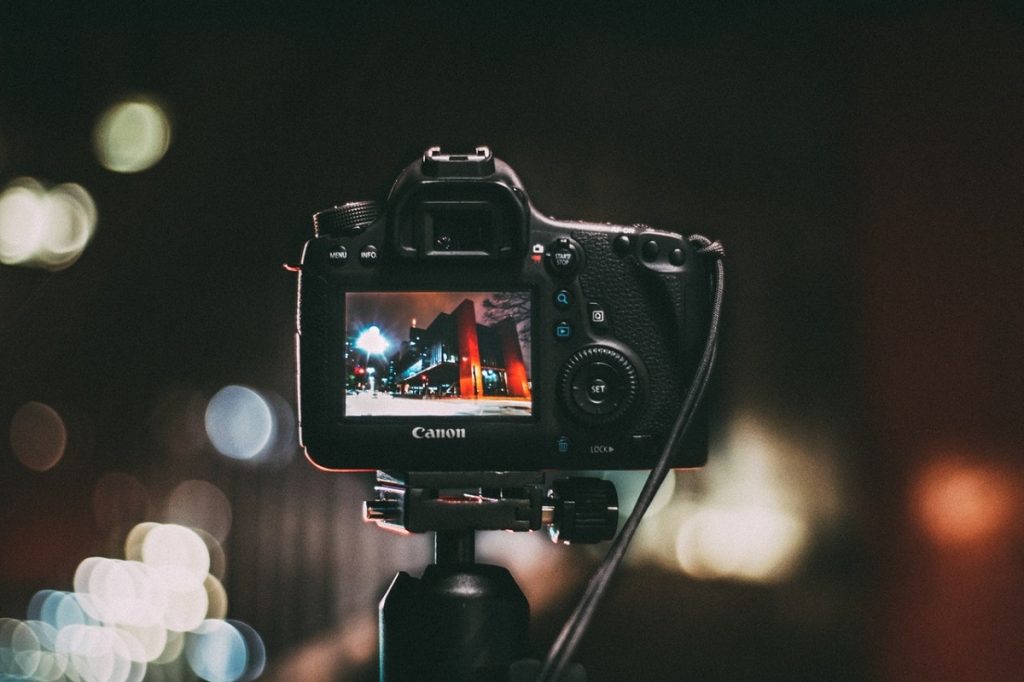The epic moments you see in concerts are captured and immortalized by concert photographers.
Over the years, smartphone cameras have improved so much that they are almost comparable to the quality of an SLR. Some can even take a detailed photograph of the moon’s surface because of the insane zoom feature. However, using these devices in a live event, particularly a concert with multiple moving people, is not always ideal. The photos can come out blurred, and trying to take a photo of a moment can make you miss out on experiencing it.
Call of the Stage
That is why, although people can now document their own concert experience through their smartphones, concert photographers remain relevant and necessary in the live music scene. It is them that takes an iconic moment from a concert and makes it last forever.
Photographers also become icons in their own right, too. Over his decade-long stint as a photographer, Jim Marshall shot music royalties, including Jim Morrison, Mick Jagger, Janis Joplin, and Bob Dylan.
Many of them also live the rockstar life. They travel with the band across the nation or around the world. It is not always glamorous, but it is the dream if you enjoy live music and hanging out with musicians and fans.
But, you do not have to travel with the band if you do not want to. Plenty of concert photographers stay within their hometown and, instead, photograph musicians who perform locally.
It can also be a lucrative career. They sell the photos they have taken on wire agencies such as Getty. They also create prints for fans to purchase as authentic and, sometimes, autographed music memorabilia.
Being a concert photographer is exciting because every day is different. Even if you are photographing the same people, so many things can happen during a performance.
The Necessary Skills Needed

The job of a concert photographer is not easy. Unlike a studio shoot, you have no control over the lighting of the venue. Moreover, concerts often occur at night. You have to work with the lighting, no matter how insufficient it might be.
In addition, your subjects are constantly moving. You cannot direct the musician to stand where you want them to or pose for the shot mid-performance. On the other hand, you have a limit to where you can go. You cannot move too close to the musician.
Moments come and go very swiftly. You have to be prepared to capture and immortalize it.
That said, you do not need to have any formal training to become a concert photographer. As long as you can produce a good shot and have a passion for live music, you can pursue it as a hobby or a career.
But, you do need knowledge in how to shoot with a professional or semi-professional camera and how to use photo-editing software. At the end of the day, you still have to produce great photos to earn money and become a success in the industry.
Start Here
Before you start hanging out with world-famous musicians and submitting photos for publication, you first must create an impressive portfolio. You do not have to photograph Sir Paul McCartney or Sir Elton John immediately. You start with smaller and local acts.
Most music photographers begin as interns who contribute to blogs and magazines for free or for a small fee. The goal is to gain connections and build a name for yourself in the industry. It is how you can find future clients and free passes to concerts and other events.
Starting small also be your practice arena where you can hone your skill and find your own unique style as a photographer.
If you want to become bigger, market your talents on social media. You do not have to submit your work elsewhere. Go to a gig, photograph the musicians, and post your work on Instagram, Facebook, Twitter, and Pinterest. Use relevant hashtags to market and, eventually, if you are good, you will gain an audience. Once you have a following, you can start contacting music publications and negotiate future assignments and submissions.
Becoming a concert photographer is a promising career path, but it requires hard work like any profession. From the outside, it might look easy, but taking a good photograph takes great skills and expertise. There is also no guarantee that your work will be purchased or published.
However, when you hone your skills and effectively network, you might build a lucrative career out of it.

